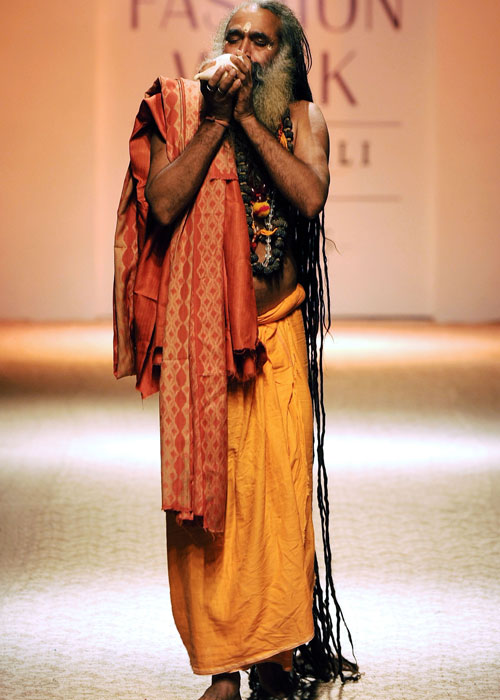Picture of Bird and nest
Research paper No 1946
Written by London swaminathan
Date: 21 June 2015
Uploaded in London at 18-32
Saints and the Poets of India from the Himalayas to Kanyakumari have sung about one theme with the same tune, from the Bhagavad Gita to Bharati, the great Tamil poet, from Adi Shankara to Tiruvalluvar, the famous Tamil poet, all of them used the same similes, same words and same concerns. It is their most favourite topic. Hundreds of proverbs are available in every Indian language on the theme.
Though we find such references in other cultures Indians are unanimous in urging the public to do some charity before they leave the world and to do something to get out of the cycle of birth and death. This is absent in Abrahamic (Semitic) religions. This shows that the Indians are united in their thought. They are not divided on racial lines as propagated by the vested interests.
Poets of India deal with the instability of youth, riches and the body. Here are some examples from the two ancient languages of India, Sanskrit and its younger sister Tamil:
1.In this world of transmigratory existence, impermanence is the only permanence (Katha Sarit Sagara)
Aasamsaaramjagatyasminnekaa nityaa hyanityataa
2.Who can pity whom with this bubble like body? (Valmiki Ramayana 4-21-3
Kasca kasyaanusocyosti dehesmin budbudopame
Picture of Bubbles
Tamil poem Naladiyar also use the same bubble simile:
Who are there in this wide world who can be compared to those men of profound wisdom, who look upon the body as nothing more than a thing which like the bubbles caused in the falling rain many a time vanishes, and who in consequence determine to rid themselves of the evil of births?
3.Joy and sorrow come and go like a revolving wheel (Yoga Vasistha and Hitopadesa 1-174
Chakravath parivaratante duhkhaani ca sukhaani ca
This wheel simile is also used by most of the poets. Life is full of ups and downs. It goes up and comes down like a wheel.
Picture of Rainbow
Our body is like a Rainbow
4.Life is like an autumnal cloud (Kahavat Ratnakar)
Jiivanam saradabhravat
The first verse in Naladiyar compared the body to a rainbow. The poet Padumanar says, Knowing that our body is as unstable as the rainbow that appears in the sky, I prostate before you and invoke the God, whose feet do not touch the earth, that the objects in my view may be well accomplished (Hindus believe that the feet of Devas (Extra Terrestrials) never touch the earth.
5.Everything born is transient
Sarvamutpaadi bhanguram
This is in the Bhagavad Gita (2-27)
Jatasya hi dhruvo mrtyur
Dhruvam janma mrtyur ca
For to the one that is born death is certain and certain is birth for the one that has died.
Bird and Nest: Soul and Body
The most famous Tamil poet Tiru valluvar in his Tirukkural, which is considered the Veda in Tamil language, summarises the Hindu teachings beautifully well in 100 couplets in some chapters such as impermanence, penance, virtue, charity, vegetarianism, renunciation, purity, realization, desire and fate.
He says
“Wealth is of a transitory nature; therefore one should seize the opportunity to do charity when one gets it “(Kural 333)
“The affinity of the body and the soul is like is like that of the egg and the chick within. The soul departs from the body even as the chick deserts the egg”. This is in Naladiyar, another Tamil book
Lord Krishna compared this to changing garments (2-22)
“Just as a person casts off the worn out garments and puts on others that are new, even so does the embodied soul cast off worn out bodies and take on others that are new.”
Katha Upanishad (1-6) gives the same message with corn simile:
“Like corn a mortal ripens and like corn he is born again”.
“The characteristic feature of the world is the transistorines of life. The disappearance today of one who existed yesterday is a common occurrence”. This is in Yaksha Prasna of Mahabharata as well.
Picture of Wheel
World is a Drama Theatre
Another famous simile is comparing the world to a drama theatre and the people to actors who leave the stage when the drama is over.
“Great wealth is gradually accumulated like the audience tickling in to witness a show
But its disappearance will be instantaneous, also as it happens after a show”- -Kural 332
It is in Bhartruhari’s Neeti Satakam
Tamil anthology Purananuru 29 has also referred to the filling up and emptying of the show-arena to bring out the impermanence of the world.
Shakespeare in his Play As You Like it, says
“All the world’s a stage, and all the men and women merely players; They have their exits and their entrances, And one man in his time plays many parts, His acts being seven ages. At first, the infant, mewling and puking in the nurse’s arms”.
We come across similar similes in Viveka chudamani 292 and Bhagavad Gita 18-61
Great men think alike!















You must be logged in to post a comment.